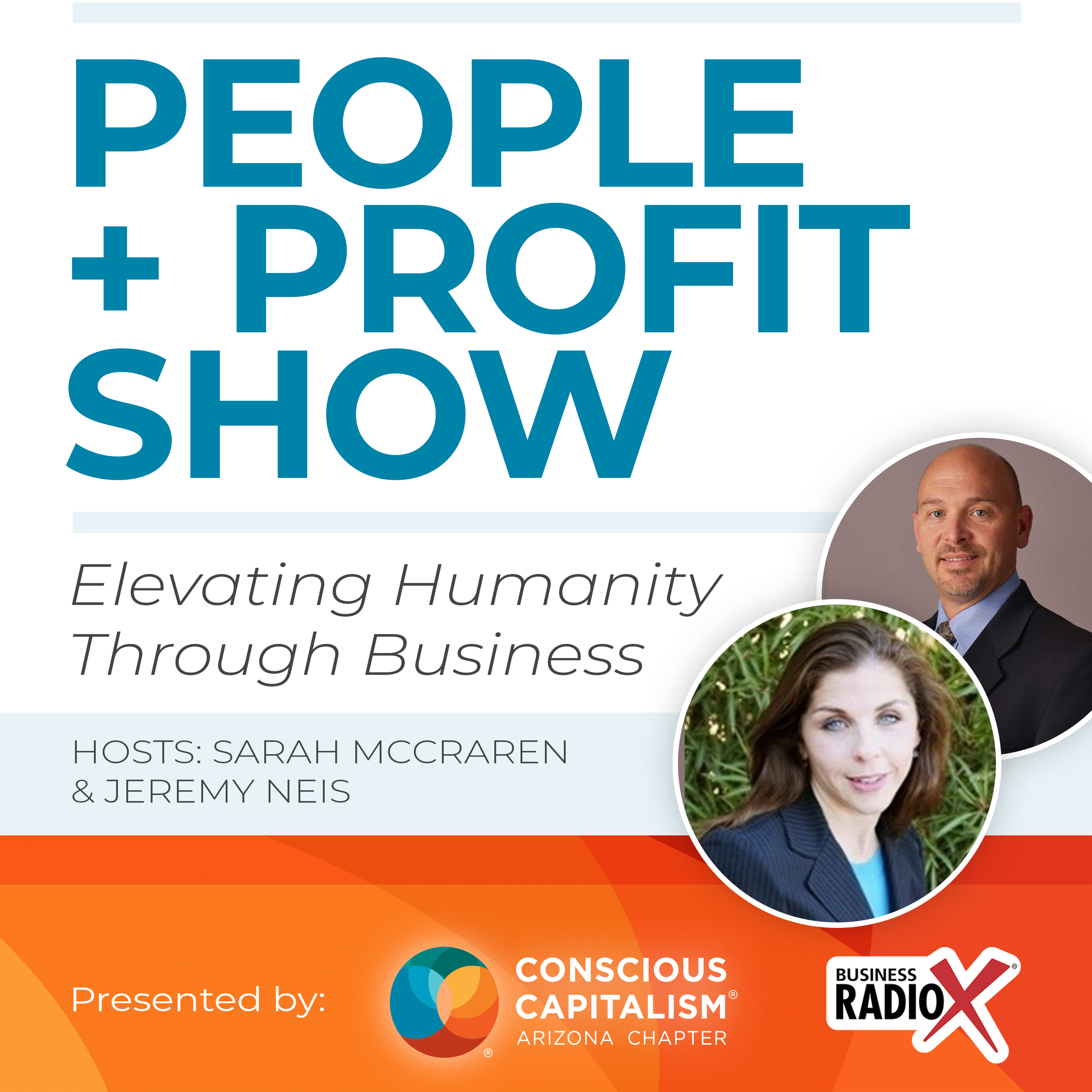Does your company treat the environment as a stakeholder? If so, how? And do you integrate sustainability into your business strategy as a conscious business leader?
To help businesses treat the environment as a stakeholder, we asked our conscious capitalism community and business leaders for their best advice on the subject. From making sustainability part of your DNA to innovating for eco-friendliness, there are several ways to integrate sustainability into your business strategy as a conscious business leader.
Here are seven ways to treat the environment as a stakeholder:
- Make Sustainability Part of Your DNA
- Dispose of Waste Properly
- Be Careful not to Greenwash
- Cultivate Sustainable Practices
- Recycle and Use Clean Energy
- Plan Achievable and Impactful Goals
- Innovate to Become More Eco-Friendly
Make Sustainability Part of Your DNA
Sustainability is a component of all decision-making for operations and strategy, and is non-negotiable when innovating new products and services. It’s part of our DNA and who we are.
We educate and empower employees, and we learn from and serve employees. Everyone cares about something, and together we care about a great many things. We use the UN’s sustainability goals as guideposts. Thinking of the environment, we take a holistic approach by focusing on systems and their relationships. Everything is connected, and separateness is an illusion.
We partner with organizations that are making a difference in the environment, whether they are planting trees, reforesting, saving tigers or teaching mindfulness, it all contributes to a better world. We facilitate conversations about measuring what counts. We set an example with our actions by reducing our office footprint from 14k square feet down to just over 2k—four years before the pandemic made remote work the norm.
Yolande Grill, InfoSol Inc.
Dispose of Waste Properly
A stakeholder is anything or anyone who has the ability to affect or be affected by business operations. This is how the environment comes in, since it can be affected by business activities taking place in the organization.
Once this fact was appreciated in my company, we became very intentional in the way we disposed of our waste, since that was the business operation most likely to affect the environment in my company. We have hired companies that specialize in this operation to come for our waste at regular intervals.
We ensure there is environmental sustainability by recycling back what is possible, instead of purchasing new raw materials that will cause further damage to the environment. Also, the company is on its way to purchasing a portion of land and specializing in tree planting to enhance environmental sustainability.
Leah Wanjiku Gathoni, NearbyMovers
Be Careful not to Greenwash
It’s a fine line with incorporating so-called sustainability into your CSRor CSV, or even more, having a sustainability process. I assist companies with doing this in a genuine and non-greenwashed way. Many companies take the approach of either picking a couple of sustainable development goals (SDGs) or some other sustainable metric, doing some token actions to show they’re abiding by these principles and then tout them in their PR.
For the second SDG, “Zero Hunger,” they might volunteer some staff hours in a food kitchen or contribute some leftover food stock to a homeless shelter. But what’s the end result of that? What’s the greater impact? Can they truly tell that story? If not, it may be greenwashing. A continual, substantive commitment needs to be shown, and then it needs to be portrayed as a matter of business and societal continuity, not just doing nice things to say you did them.
Adam Goulston, PsyD MBA, MS, Scize
Cultivate Sustainable Practices
In the void of consistent regulations, it’s up to us as individuals and business owners to do our research and cultivate more sustainable practices. We minimize our environmental impact by selecting quality ingredients, from sustainably forested wood pulp to renewably sourced polyethylene. We handcraft our products in the United States whenever possible to minimize shipping pollution. We reduce waste and minimize wildlife endangerment by using clean ingredients and sustainable packaging.
The environment is a stakeholder in every business, as it inevitably reaps the consequences of our consumeristic habits. Companies focused on sustainability reduce and offset their impact on the environment.
Alexandra Fennell, Attn: Grace
Recycle and Use Clean Energy
Today’s world has to be more conscious about the environment if they really want to see a brighter future ahead. As a business leader, below are a few practices my company follows to integrate sustainability into our business:
Using solar energy to power our lights and fans—We have a solar power system installed on our roof that provides enough power throughout the day for the basic electrical requirements of the company.
Recycle most objects—We not only use paper, but we also have strategies to recycle plastics and used electrical equipment. We urge all our employees to bring in their inoperative mouses, keywords and headsets so they can be recycled.
Shivanshi Srivastava, Payday Loans UK
Plan Achievable and Impactful Goals
We have a strong, broad and holistic vision when it comes to sustainability and taking care of the environment. Our goals are always well-defined, well-researched, impactful and ambitious. But more important than anything else is that they’re achievable. The latest plan, for instance, is to expand educational opportunities—both within and outside our organization.
As a business leader, I ensure to give my part in building sustainable strategy. One thing I focus more on is that our marketing efforts must encourage the use of sustainable products and services. Because I strongly believe good marketing can shape and build positive visions.
Robert Warner, Virtual Valley
Innovate to Become More Eco-Friendly
At our company, sustainability is at the core. We don’t weave a blanket of superficiality and merely use sustainability as a market gimmick to get more traction—we’re different. We take the trends and changes in the market seriously. Because sustainability goals that work for other industries or businesses do not work for us.
Keeping the environment at the forefront, we’re continuously adjusting and adapting innovative ways to make our company more eco-friendly. As a business leader, my role is to to integrate different sustainability strategies, by empowering board members to execute sustainability strategies more aggressively and meet goals more effectively.
Joe Troyer, ReviewGrower
Terkel creates community-driven content featuring expert insights. Sign up at terkel.io to answer questions and get published.





